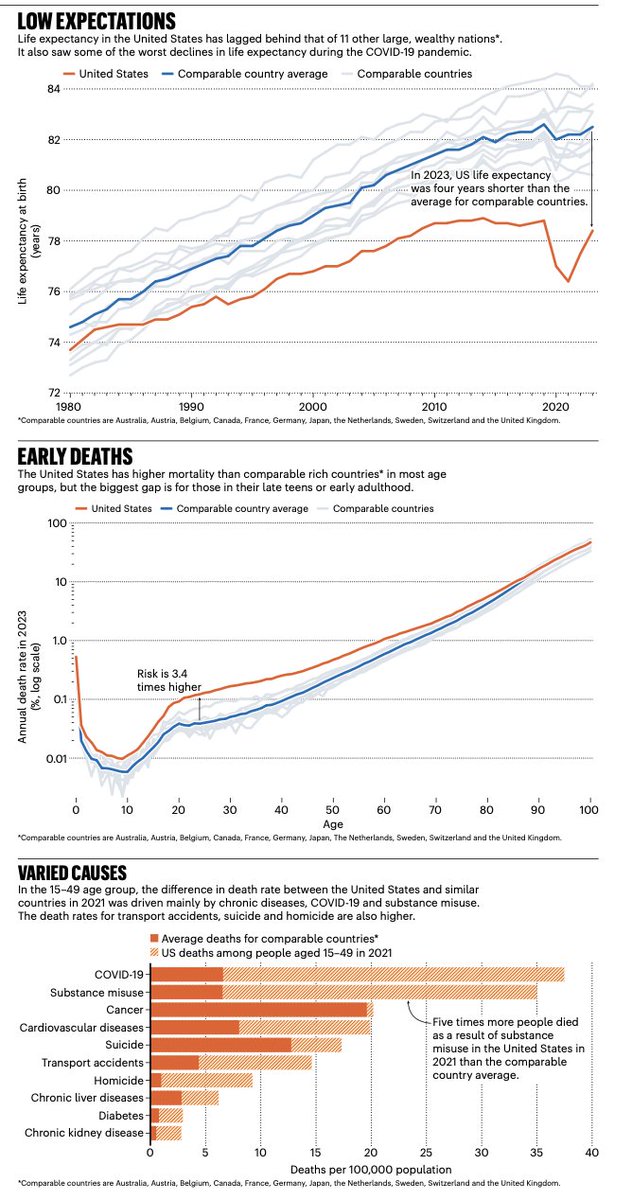
Luigi Perelli
@perelli_luigi
Instructor-MD Anderson Cancer Center
ID: 1259227076063825924
09-05-2020 21:01:54
109 Tweet
113 Followers
214 Following


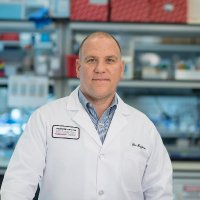
Giannicola Genovese MD, PhD “EMT favours the emergence of genomic-unstable, highly fit tumour cells, which strongly supports the concept of cell-state-restricted patterns of evolution” MD Anderson Cancer Center nature.com/articles/s4158…

Out today in nature our work on the role of cell plasticity in shaping tumor evolution. Led by Luigi Perelli with critical contributions from Davide Cittaro, Fei Chen and many other outstanding collaborators. 1/2 nature.com/articles/s4158…


The role of cell plasticity in shaping tumor evolution - Giannicola Genovese (Giannicola Genovese MD, PhD) nature Luigi Perelli Davide Cittaro Ospedale San Raffaele Broad Institute MD Anderson Cancer Center oncodaily.com/blog/252364 #OncoDaily #MedTwitter #MedEd #MedOnc #MedNews #Oncology #Cancer #Health


1/ Out today in Cancer Cell our work on spatial subtypes and cellular neighborhoods of cancer-associated fibroblasts (CAFs)! Led by the brilliant yunhe liu with key contributions from Anirban Maitra Humam Kadara and many collaborators MD Anderson Cancer Center cell.com/cancer-cell/fu…
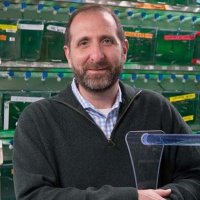
Stromal mutations occur, but hard to prove they are functional. In our new paper with Trey Ideker’s lab and led by Dr. Mohita Tagore and Maayan Baron, we show that we can find these by looking for mutations across a “class” of genes rather than single genes: nature.com/articles/s4158…
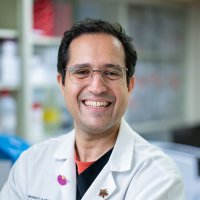

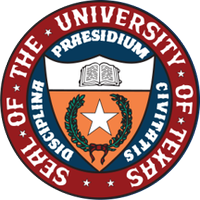
CPRIT has awarded ~$2B to UT institutions to date to drive cancer breakthroughs. These latest grants go to: The University of Texas at Arlington, UT Austin, UTEP, UTHealth Houston, UT Health San Antonio, MD Anderson Cancer Center, @UTMBHealth, @UTRGV, UT Southwestern Medical Center. Great news and much appreciation #txlege





🚨 New paper in Nature Genetics ! How does cancer chemotherapy reshape the HSC landscape and drive the evolution of therapy-related myeloid neoplasms? We uncovered this process through single-colony WGS! See the full paper here! nature.com/articles/s4158…

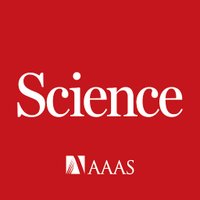
The newly discovered microbe provisionally known as Sukunaarchaeum isn’t a virus. But like viruses, it seemingly has one purpose: to make more of itself. Learn more: scim.ag/4eGtttN News from Science






